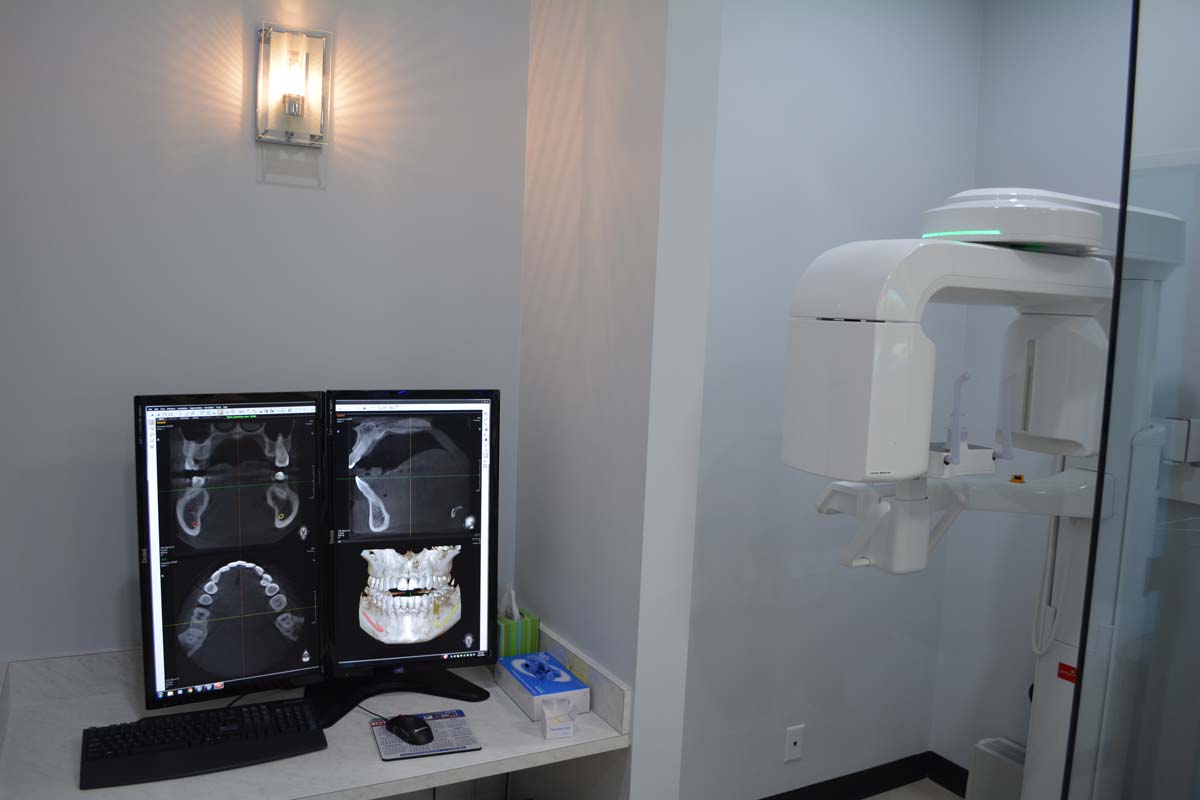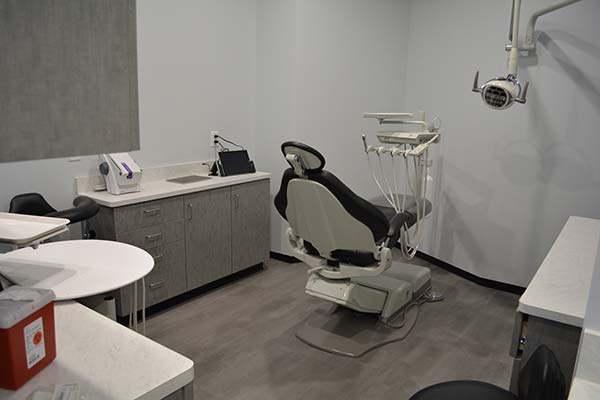Regular professional cleanings are performed to maintain good health of your gums. Dentists recommend that you should get your teeth professionally cleaned at least twice a year, to minimize the chances of development of chronic periodontal problems. At Edge Dental, we recommend teeth cleaning as a preventive procedure for patients who have good oral health and healthy gums.
One the other hand, Deep cleaning is a procedure which is performed to treat an active gum or periodontal disease. If your gums bleed whenever you brush your teeth, then it is a sign that your gums are inflamed because of the plaque and tartar deposits. Generally, dental deep cleaning is required if you have a pocket depth of more than 3mm.




